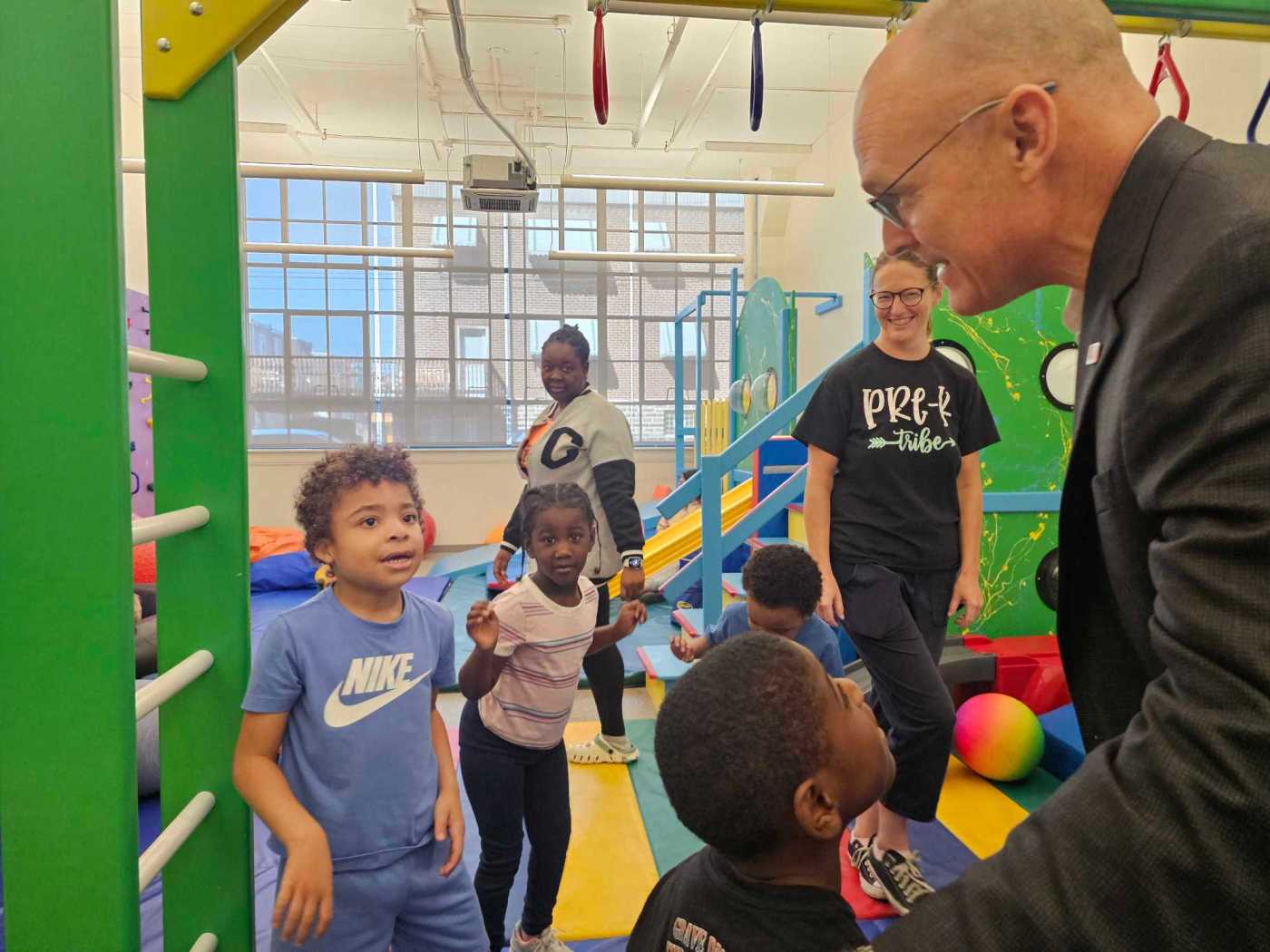HARRISBURG — Schools and nonprofit organizations in Pennsylvania are grappling with severe financial strain as they await billions in state payments, withheld for over four months due to an ongoing budget impasse. The funds are crucial for supporting services for the state’s most vulnerable populations, yet the stalemate persists as lawmakers struggle to finalize a budget agreement.
Payments will resume once a plan is approved; however, these disbursements will not include interest. The state Treasury has accrued approximately $40 million in interest during this period while organizations like Easterseals and Mental Health America face increasingly desperate financial situations. Many are resorting to loans, cost-cutting measures, or depleting reserves to meet essential obligations such as salaries and rent.
The implications of the budget impasse are significant. For instance, Tim Kerrihard, CEO of Easterseals Southeast PA, revealed that the organization has had to secure $1.3 million in loans to navigate the financial challenges created by the delay. “The best (interest rate) is 5%, which is fantastic,” Kerrihard stated. “The worst is north of 10%. So that’s a lot of money that just effectively is wasted.”
Easterseals provides vital services to children with special needs, enabling them to prepare for kindergarten. The organization employs a labor-intensive model that requires substantial funding, receiving $8.4 million in state support last fiscal year. Kerrihard emphasized the importance of these services, stating, “We’re the last stop in the safety net, and we are serving the most vulnerable humans that exist.”
Mental health service providers are also feeling the impact. Laurie Barnett Levine, CEO of Mental Health America of Southwestern PA, noted that her organization has begun to limit non-essential expenses as state payments remain delayed. “You can’t do much outreach if you’re sitting at your desk all the time,” she remarked, highlighting the necessity of in-person support for individuals facing mental health challenges.
With a budget of around $2 million, approximately 90% of Levine’s funding comes from the state. The ongoing financial uncertainty has forced her organization to adapt quickly, including holding meetings virtually to avoid travel costs. “If we have to tap a line of credit or even worse, furlough staff, that’ll mean reductions in service,” Levine explained, underscoring the potential long-term effects of the impasse on community support.
As of now, it has been over 100 days since the June 30 deadline for passing a budget. The disagreement centers around state spending proposals from Governor Josh Shapiro and the Republican-controlled Pennsylvania Senate, with the Democratic-controlled House advocating for a lower spending increase of 5%. House Speaker Joanna McClinton expressed frustration, stating, “This is serious, people,” as she pointed to the adverse effects on senior centers, schools, and nonprofits.
Senate Republican leaders propose a flat-funded budget plan to release payments while negotiations continue. Scott Martin, Chair of the Appropriations Committee, emphasized that fiscal stability hinges on the final budget numbers. Both chambers have adjourned without progress, with the Senate scheduled to reconvene on October 23 and the House on October 27.
Pennsylvania stands out as one of only two states without an approved state budget, lacking even temporary funding measures. Lobbyists have speculated that a resolution may be months away.
The issue of interest payments has also become a point of contention. Recently, Stacy Garrity, the state Treasurer and a Republican candidate opposing Shapiro, announced a loan program for counties and nonprofit organizations struggling with cash flow. This $500 million initiative offers loans at a 4.5% interest rate, requiring repayment within 15 days of the budget’s approval.
While some organizations view this program as a lifeline, others find the terms burdensome. The Pennsylvania Coalition Against Domestic Violence stated, “While these funds would be invaluable support, our nonprofit simply cannot afford to take on the additional interest cost of approximately $260,000.”
The Pennsylvania Senate has recently passed a bill that would allow Garrity to waive interest on these loans in future budget impasses. However, Democratic leadership has criticized the initiative as politically motivated. Senate Minority Leader Jay Costa argued that Garrity lacks the authority to issue loans during an impasse.
The situation remains precarious for many organizations providing essential services. As Levine reflected on the uncertainty, she noted, “I too felt like, ‘Oh, this will be resolved. It’ll be resolved.’ Now I think, like, ‘Will this ever be resolved?’” The next steps in this fiscal crisis are firmly in the hands of the General Assembly, with the needs of Pennsylvania’s vulnerable populations hanging in the balance.





































































